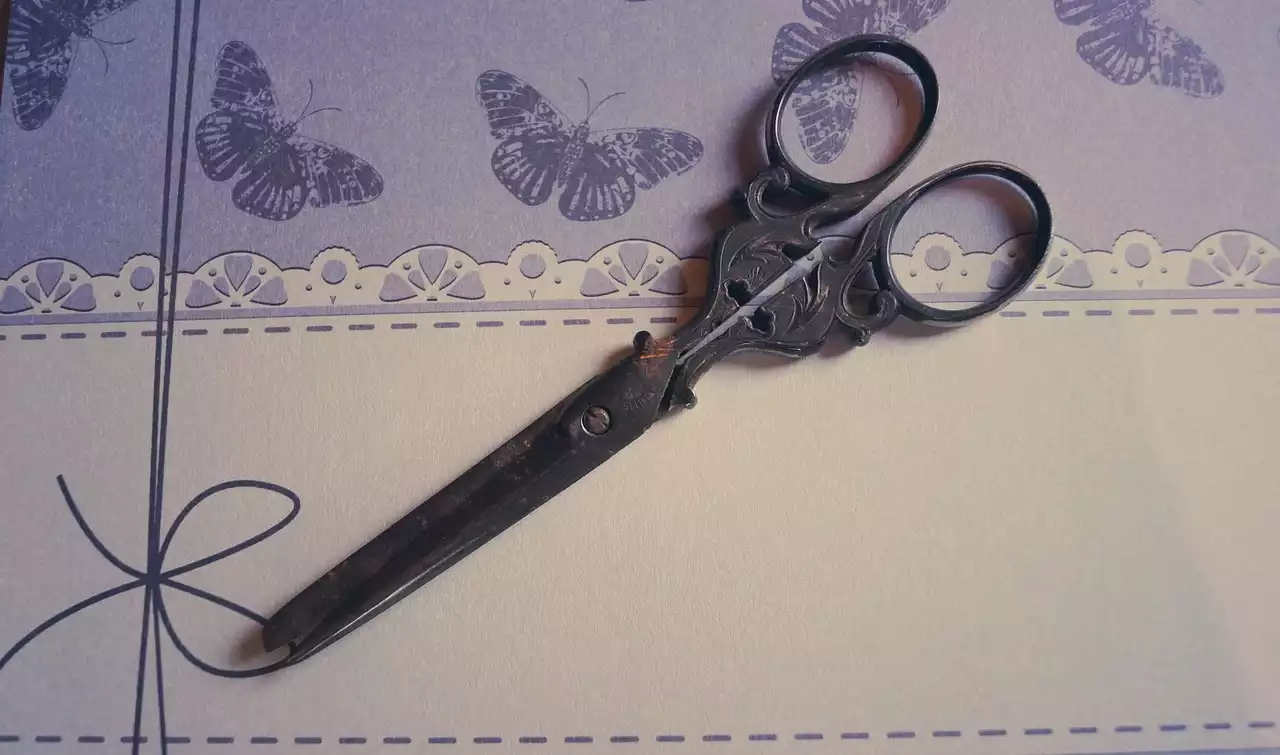Emotional Impact of Failed Relationships
As with any breakup, the ending of a relationship can create feelings of sadness, anger, and even guilt. These emotions can be even stronger if the breakup was the result of a failed relationship. A breakup can also create feelings of isolation, or make you feel like you are alone. You might be experiencing feelings of depression, particularly if the ending of your relationship was sudden. Again, how you deal with these feelings will depend on why the relationship failed. If the breakup was due to a long-term problem that your partner was struggling with, for example, you may feel sadness that the relationship ended but not additional anger. When a relationship ends because of a long-term problem that neither partner could resolve, you may feel sadness, but not anger. You may also feel relief that the relationship ended, but again, no anger. But when a relationship ends because one partner was unwilling to work on the problems, you may feel sadness, anger, and guilt. Again, the intensity of these feelings will depend on the situation. If you were the one who ended the relationship, you may feel guilt, but if your partner ended it, you may feel angry. Again, the intensity of these feelings will depend on the situation.
Benefits of Cutting Ties With Your Ex
The benefits of cutting ties with your ex can be many and varied. It can help you truly heal and move on from the relationship. It can put you in a better position to find new relationships, and it can help you to be a better partner in the future. Cutting ties with your ex can facilitate your emotional healing and help you to put the relationship behind you. It can help you to avoid repeating negative patterns in your future relationships. You can also be in a better position to start a new relationship if you no longer ‘cling’ to your ex. Your ex can be a source of support when ending a long-term relationship, but not when ending short-term relationships.
Understanding Why Cutting Ties With Your Ex Is Important
If your relationship ended due to a long-term problem that neither partner could resolve, you may feel sadness and relief, but not anger. If your relationship ended because you ended it, you may feel guilt, but if your partner ended it, you may feel anger. Again, the intensity of these feelings will depend on the situation. If you feel anger towards your ex, it may be an indication that you still care for them and want to repair the relationship. If this is the case, you must first try to understand why you want to mend things. Are you hoping to repair the relationship because you want to spend time with them again, or are you trying to repair the relationship because you want to prove that you were right? If you want to repair the relationship because you want to be with them again, this is not a healthy reason. Instead, you must focus on why you want to repair the relationship.
Preparing Yourself for the Process
Before you begin to cut ties with your ex, you must prepare yourself for the process. This includes making a decision to cut ties with your ex, knowing what this means and why you are doing it, and having a plan of action. It can be helpful to write out a list of everything that your ex is currently involved in your life. This can include social media accounts, emails, friends, and other people you are close to, such as family members or coworkers. When you make this list, try to include everything that you can think of, even if it seems unimportant. This will help you to make sure that you do not miss anything.
Avoiding Contact With Your Ex
When you are ready to start cutting ties with your ex, you must avoid contact with them. This can be difficult, particularly if you still care for them, but it is important. If you still care for your ex, you may be tempted to contact them, or they may contact you. If you are in contact with your ex, you are likely to engage in ‘relationship repair’ behaviours, such as offering support, compromising, and trying to make them feel better. These behaviours will not help you to heal, and they may prevent your ex from moving on. They may even encourage your ex to make false promises to win you back. If you still care for your ex and want to be in contact with them, set clear boundaries and stick to them. When you set boundaries with your ex, you are letting them know that you do not want to continue the relationship.
Deleting Them From Your Social Media
Once you have stopped communicating with your ex, you must delete them from your social media. You may want to unfriend them or unfollow them, but this is not enough. Your ex still has access to your posts, and you may find yourself drawn back into their life without even realising it. Instead, you must delete your ex from your social media entirely. If they are your ‘friend’ on Facebook, delete them. If they follow you on Instagram, unfollow them. And if they are in any of your Google groups or on any of your email lists, you must remove them. This is often a difficult step, but it is important. It will help you to truly cut ties with your ex, and it will help you to move on.
No Longer Relying on Them for Support
One of the biggest ways that you can cut ties with your ex is by no longer relying on them for support. This can include both emotional support and financial support. If your ex is currently providing you with financial support, for example, you may want to stop taking this money as you end your relationship with them. You may want to wait until they end the relationship with you, but if you feel that you must stop receiving support from them, you can do so. You may want to talk with them first and explain why you are doing this. You may want to wait until you have fully cut ties with your ex before you stop relying on them for support, but this is up to you.
Focusing on Yourself and Moving On
As you move forward and focus on yourself, you can take several important steps. First, you must identify your strengths and develop them further. This will help you to heal and move on from your painful breakup. You must also identify your weaknesses and work to improve them. You can do this by seeking professional help if you need it. By doing so, you can identify and overcome your challenges, take better care of yourself, and move on from your past relationship. Finally, you must take care of your physical and mental health. You must eat healthily, get enough sleep, and exercise regularly. You must also learn how to manage your feelings, thoughts, and experiences. This will help you to feel better and move on from your painful breakup. You must also seek out social support, particularly if your breakup was recent.
Seeking Professional Help
If you feel that you need more help than you are currently receiving, you should consider seeking professional help. This can include seeing a therapist or joining a support group. It can also include attending a divorce or break-up workshop. Finding the right kind of help for you is important, so you should speak to friends and family members to find out what they have done in similar situations. You can also search online to see what types of support are available. When you find someone you think you would benefit from speaking to, make an appointment or join the group. You should do this as soon as possible, particularly if your breakup was recent or extremely painful.
Final Considerations
Ending a relationship can be painful and difficult, but it can also be a step towards a better future. It can help you to heal, become stronger, and improve your skills.









